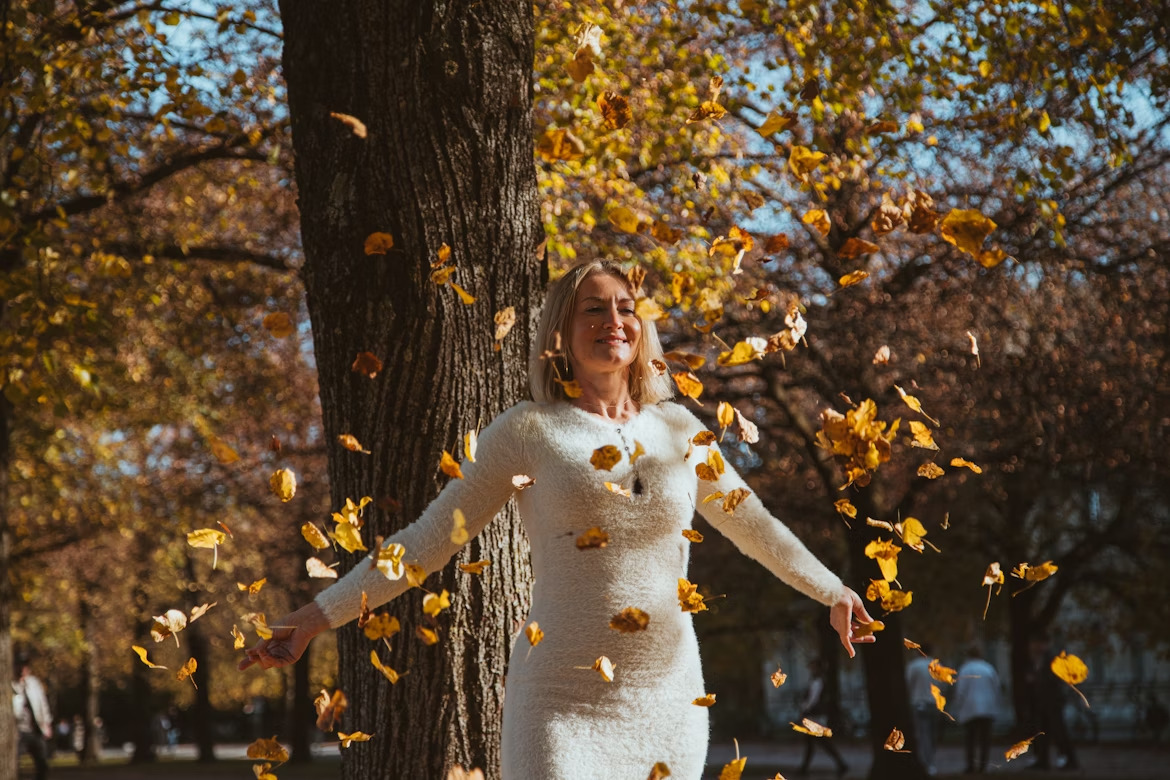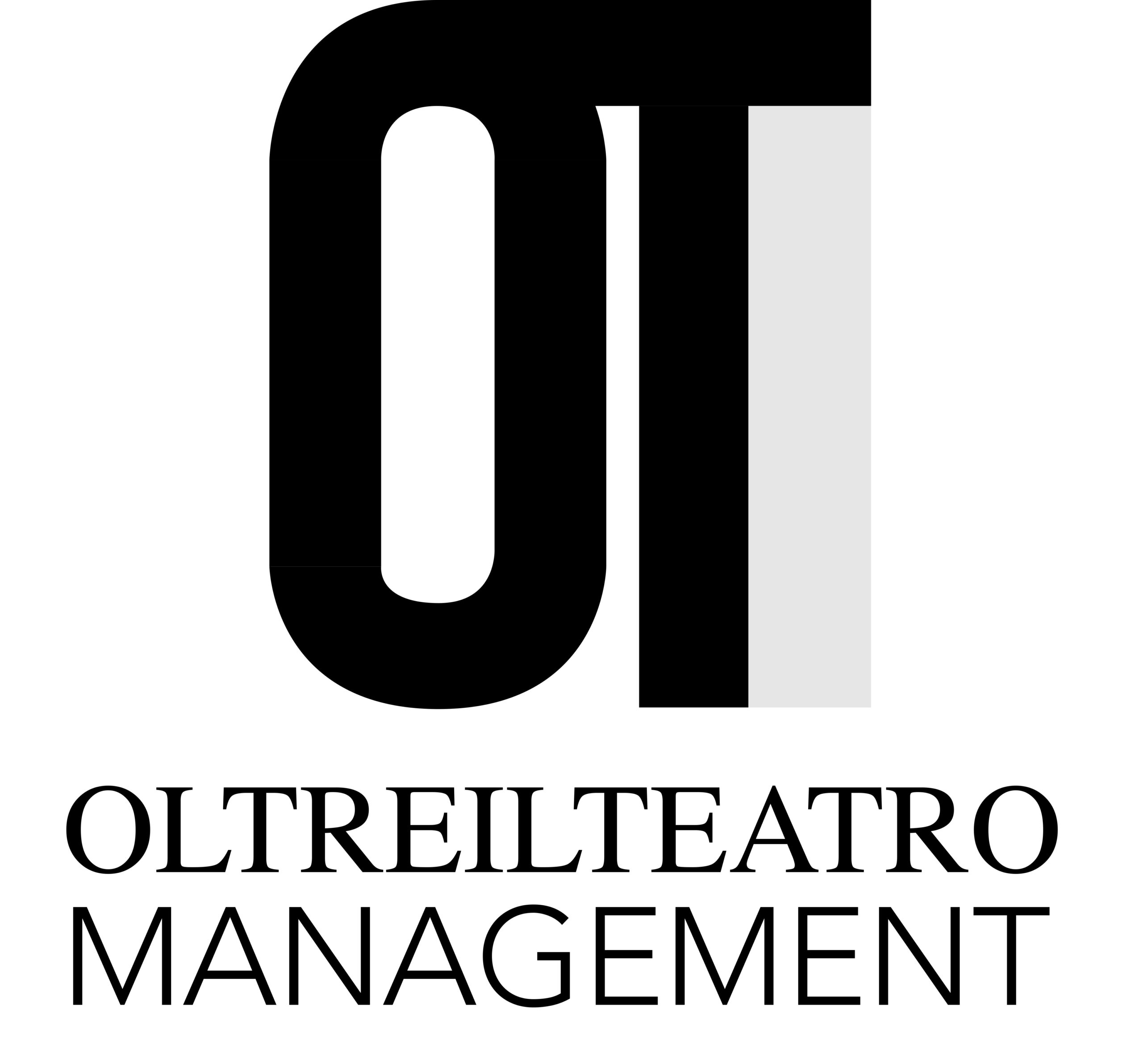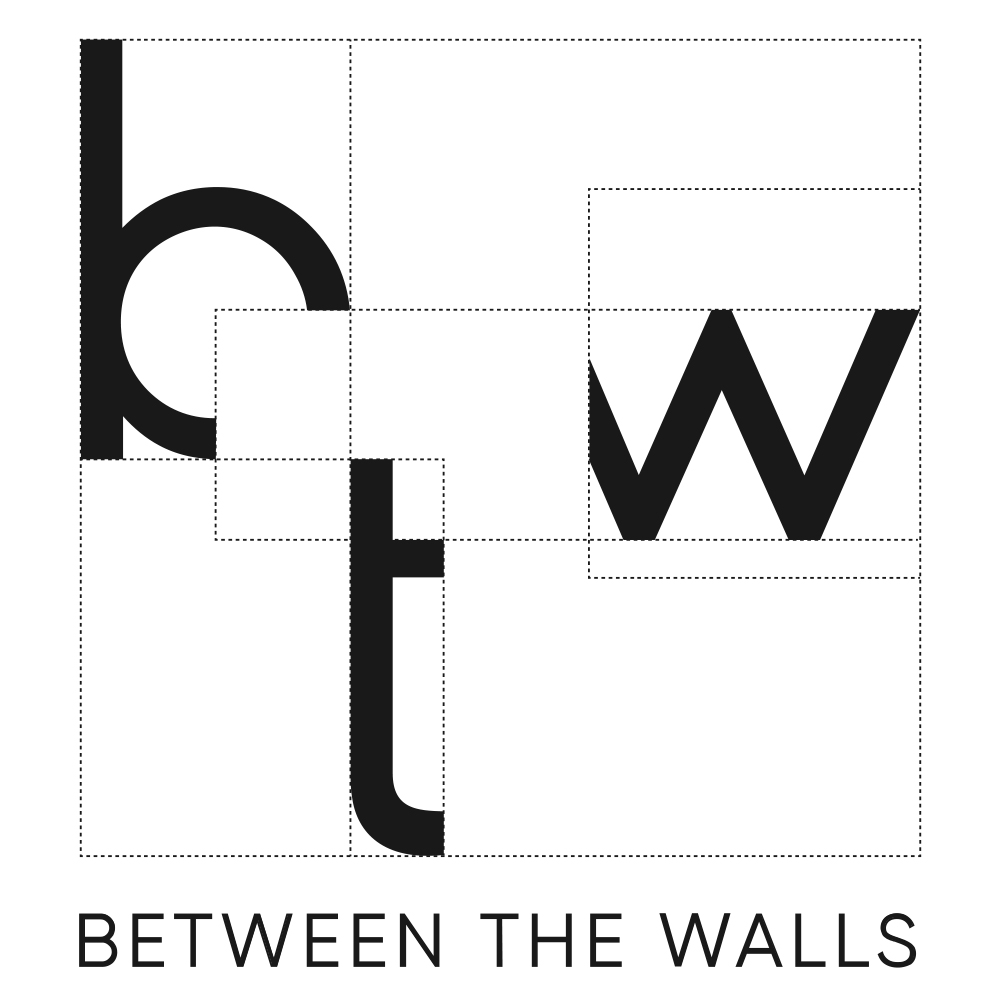Tatyana Khodakova
“Stop worrying about what you can’t control. Just live” (The quote from “The Passengers”)
What Hinders Letting Go of Control? What often prevents people from relinquishing control is heightened anxiety. Typically, “controllers” are individuals who feel responsible for everything and everyone. They believe they are tasked with completing assignments that do not belong to them. The only responsibility they fail to assume is for themselves, as they have an internal prohibition against using their strength for their own benefit. In the recesses of their minds, there lies the idea that they are greater than the world: because if I control the world, then I am greater than the world, meaning there is nothing beyond me, and I have no one to lean on.
The story of the inability to let go of control is rooted in early childhood (ages 2-4). At this age, children test the boundaries of their power and often face repercussions for actions like hitting someone with a toy shovel or taking away a toy. In expressing their strength, the child encounters disapproval from adults, who tell them that they have caused harm and sometimes punish them. However, they are not always taught how to use their strength for their own benefit. As a result, they unconsciously learn at a bodily level that using strength can be dangerous — I can destroy the world with it.
When an event occurs, where the mother or father (a significant adult) fails to manage the situation, the child concludes that they are to blame — thinking they didn’t pay enough attention, which led to the adult’s failure. As a result, the child feels the need to control everything.
This is where the dynamics of adopting parental roles emerge. The child takes on a larger role than the parents, feeling that they must control everything because, when they “didn’t pay attention,” the world almost “collapsed”. Now, their self-worth is tied to their ability to control everything and everyone. They feel the need to carry the weight of everything and everyone to validate their own value.
Children under the age of 5 believe everything they are told — all information that “gets in” becomes an internal truth
If parents say that, for example, Dad left because you misbehaved, or Mom is unhappy because you are disobedient, children believe it and try to control what is beyond their power.
When there’s the idea that if I let go of control, the world will collapse, in moments when real events occur, such as losing loved ones, a home, or a job, a person discovers that they actually control nothing and experiences intense pain.
Therefore, it’s better to notice before destruction that I control very little externally and to realize that letting go of control is safe. Agreeing to discover that…
There are things that I don’t control, that I don’t influence — and that’s okay
When a person begins to realize the uncontrollability of certain things in this world, even if events occur where they lose something significant, they have the strength to cope with the loss.
The illusion of control consumes a tremendous amount of energy that could be spent on creating something good in their life. We do not control the external world, but we control our choices and reactions to changing circumstances. Because the world is bigger than us. When it rains, we make a choice—whether to take an umbrella and go for a walk or to stay at home. We do not try to control the rain. And if I don’t like rain, but the climate of the area where I live is abundant with it, I can choose to live in a place where rain is a rare occurrence.
Children have a fear (which is ingrained in their muscles) of letting go of control because something frightening happened at some point, and control now preserves the illusion of safety. As they grow up, this fear remains in the body, and the person tries to control everything on a constant basis.
To allow yourself to release control and to find the possibility to relax, try to identify the things you do not control and notice the safety in that. When you begin to realize what you cannot control, life becomes easier.
When there is a need for control, it means there is a traumatic experience that has been “remembered” in the muscles: “I once didn’t keep track, and everything fell apart, and now I have to hold everything together.”
In reality, there was a situation where the adults didn’t manage to cope, and the child’s body internalized that state.
“People like the illusion of control over their lives, but as a result, they only crave protection and safety” (Grimm)
If you want to scale your activities, you will need to delegate responsibilities to others, which means you must learn to trust them. You can be interested in what’s happening in your business, but not control others. Where there is control, there is no possibility to grow and develop.
What can you do on your own to free yourself from the “controller” symptom?
Observe and recognize what you do not control. For example, I do not control how clouds float across the sky, and that is safe. I do not control the changing of the seasons, and it happens well without me.
Observe what happens in your body, what sensations arise in your lower back when you realize that it is safe to let go of control.
Then trust begins to emerge.
TRUST EXISTS WHERE THERE IS NO FEAR
“You cannot control what happens, but you can control your reaction to it. It’s all about perception” (You Again)
Photo by Shutter Speed
Translated by Marya Zayats
Read also:
When success is more important than happiness

Татьяна Ходакова
Практический психолог
Интегративный подход






